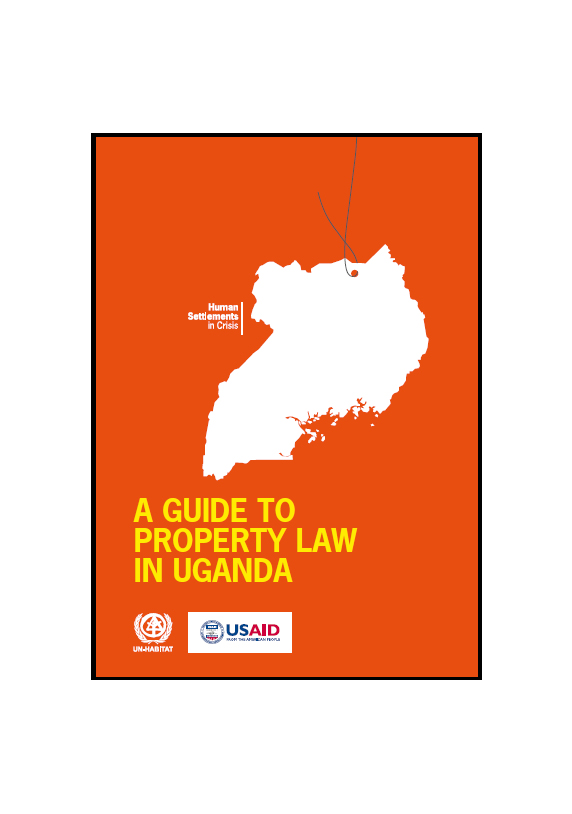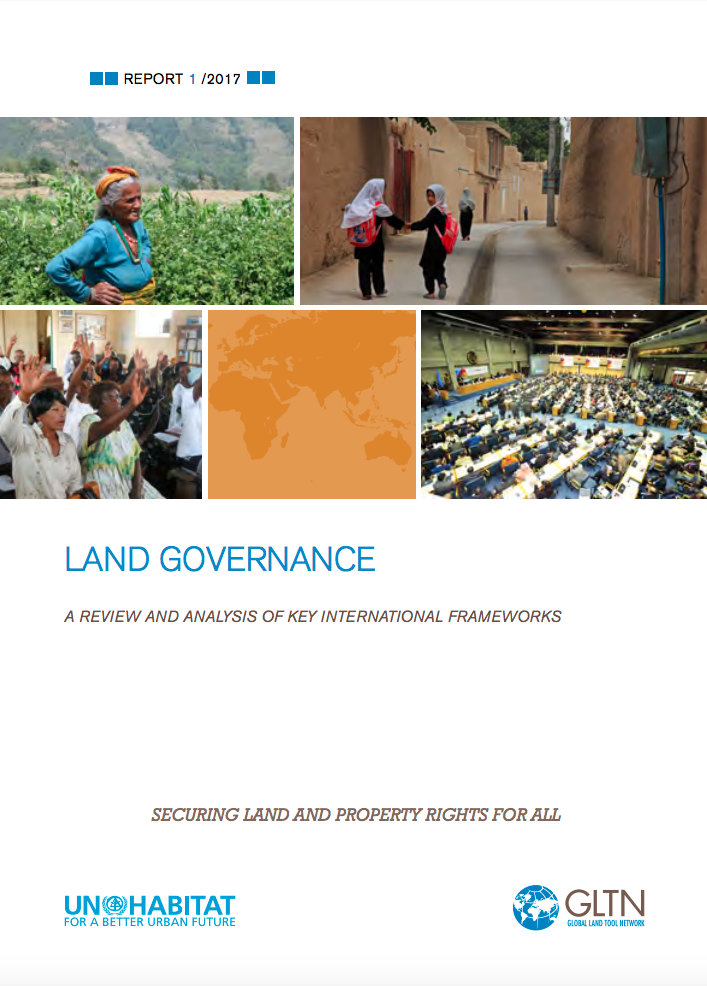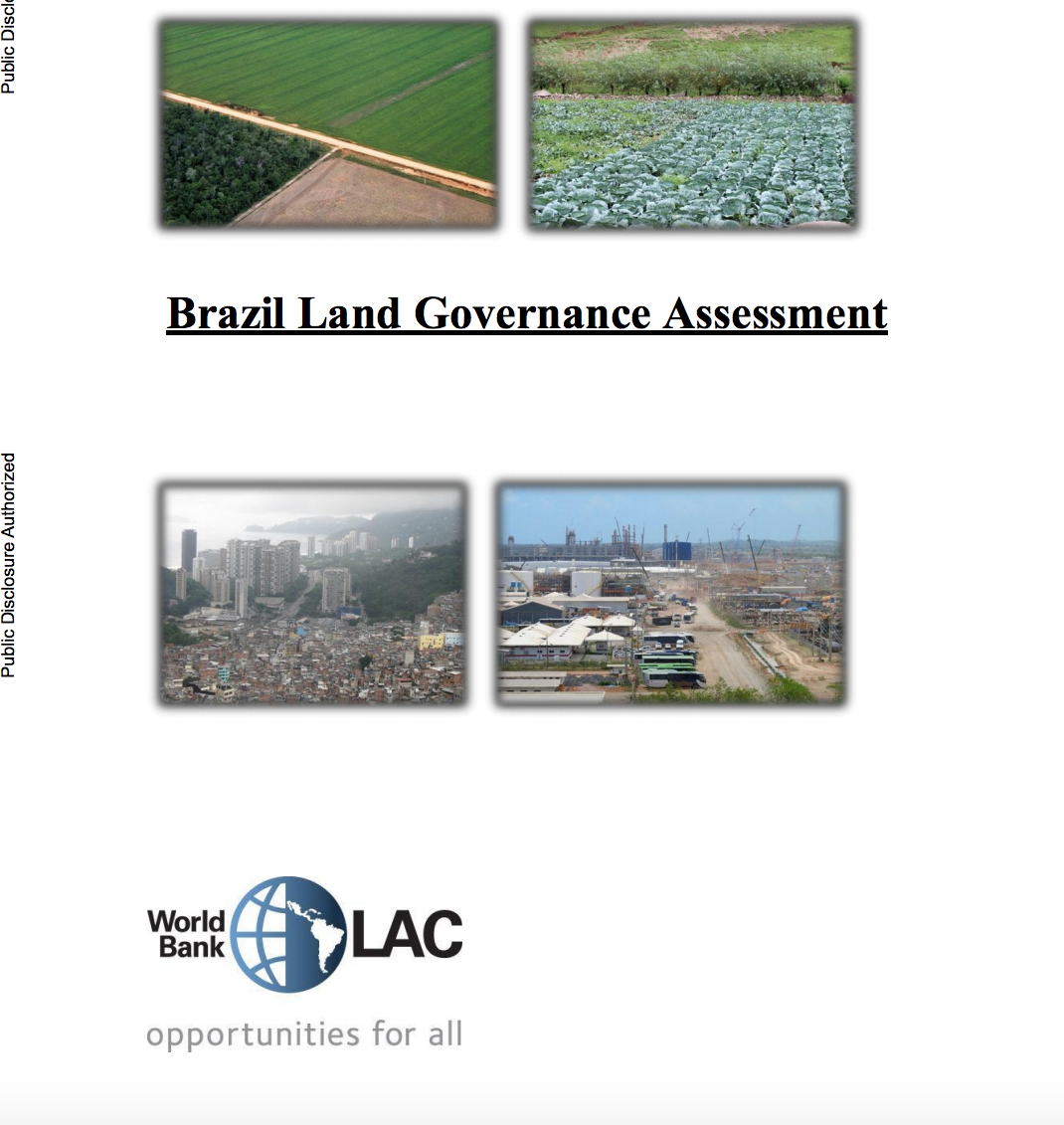Funcionalidades da Pobreza no padrão de crescimento em Moçambique
Este Destaque Rural pretende analisar as razões da persistência e agravamento da pobreza e das desigualdades sociais, das assimetrias territoriais entre províncias, entre o Sul e o Norte de Moçambique, e entre o meio rural e as cidades. Esta realidade acontece onde cerca de 70% da população vive no meio rural e cujos rendimentos provêm em mais de 70% da agricultura. A desnutrição crónica e aguda não recua significativamente. Os índices de prevalência de doenças continuam sendo dos mais elevados do mundo.









